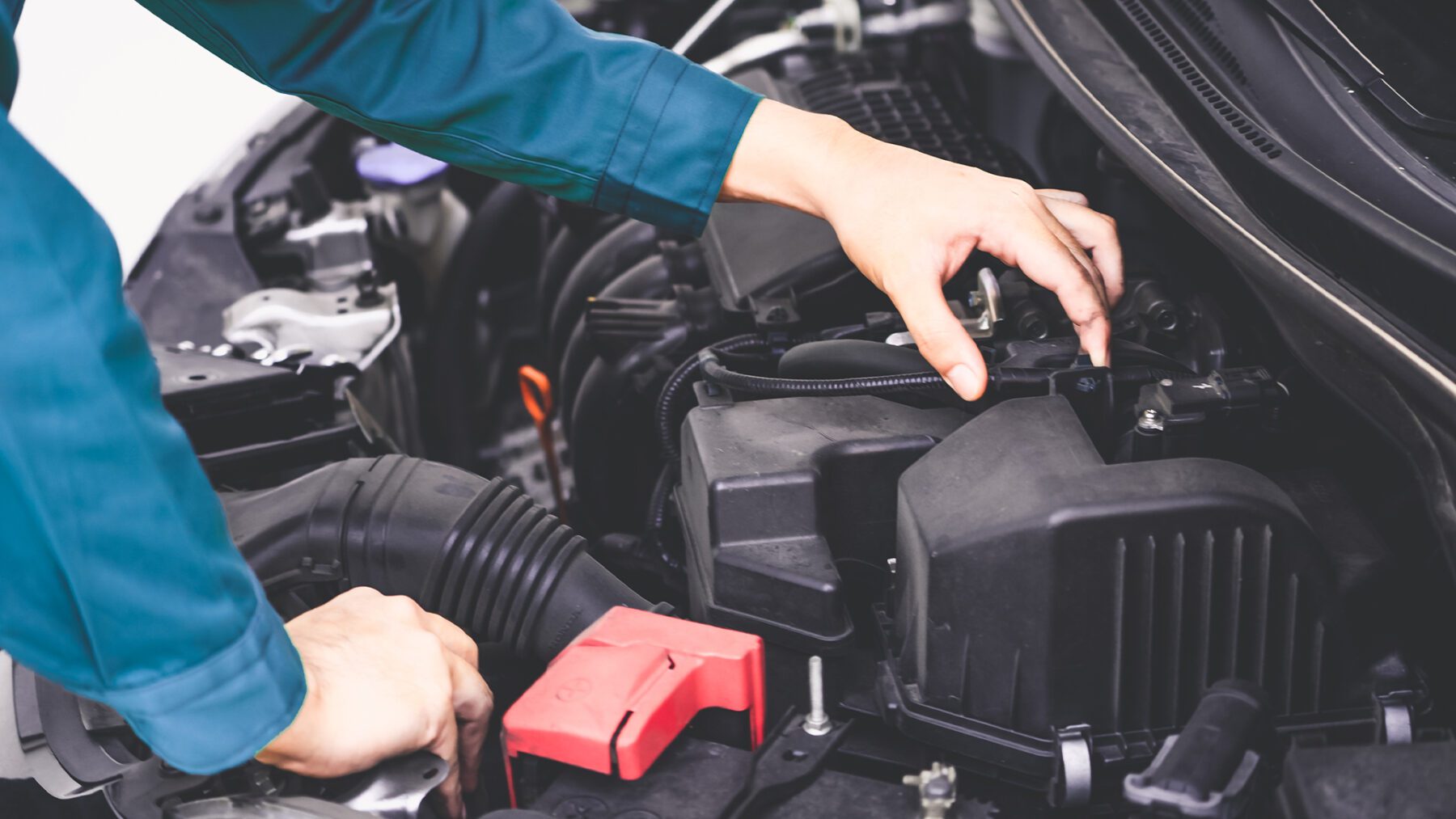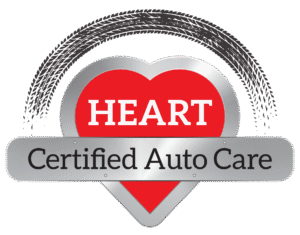Top Signs You Need Jeep Fuel System Repair in Evanston


If you own a Jeep in Evanston, maintaining its fuel system is crucial for its performance and longevity. The fuel system encompasses the fuel pump, fuel filter, fuel injectors, and other components that work together to supply the engine with the right amount of fuel at the right time. When any part of this system fails, it can cause significant issues with your vehicle’s performance. In this article, we’ll discuss the top signs that indicate you need a Jeep Fuel System Repair in Evanston.
Signs That It’s Time for a Jeep Fuel System Repair in Evanston
1. Decreased Fuel Efficiency
- Clogged Fuel Injectors: Over time, fuel injectors can get clogged due to dirt and debris. This can cause them to spray less fuel into the combustion chamber, leading to inefficient fuel usage.
- Faulty Oxygen Sensors: These sensors measure the amount of oxygen in the exhaust gases. If they malfunction, they can send incorrect data to the engine control unit (ECU), causing the engine to use more fuel than necessary.
2. Difficulty Starting the Engine
- Weak Fuel Pump: The fuel pump is responsible for delivering fuel from the tank to the engine. A weak or failing fuel pump can’t supply the needed amount of fuel, making it difficult for the engine to start.
- Fuel Pressure Regulator Issues: This component maintains the correct fuel pressure for the engine. If it’s malfunctioning, it can prevent the engine from getting the proper amount of fuel, leading to starting problems.
3. Engine Sputtering or Stalling
- Dirty Fuel Filter: A clogged fuel filter can restrict fuel flow to the engine, causing it to sputter or stall. Regularly replacing the fuel filter can help prevent this issue.
- Contaminated Fuel: Sometimes, contaminated fuel can enter the fuel system, leading to engine sputtering or stalling. Using high-quality fuel can minimize this risk.
4. Loss of Power or Acceleration
- Failing Fuel Injectors: Faulty fuel injectors can disrupt the balance of the air-fuel mixture, resulting in poor engine performance and a noticeable loss of power.
- Clogged Catalytic Converter: Although not directly part of the fuel system, a clogged catalytic converter can affect your engine’s performance by restricting exhaust flow.
5. Unusual Noises from the Fuel Tank
- Noisy Fuel Pump: A loud whining noise from the fuel tank usually indicates a failing fuel pump. Ignoring this sign can lead to complete fuel pump failure, leaving you stranded.
- Air in the Fuel Lines: If there’s air in the fuel lines, it can cause unusual noises and affect the overall performance of your Jeep.
6. Check Engine Light Comes On
- Malfunctioning Fuel Sensors: Faulty sensors like the mass airflow sensor or the oxygen sensor can trigger the check engine light. These sensors are crucial for maintaining the correct air-fuel ratio.
- Emissions Control System Issues: Problems in the emissions control system, such as a faulty EGR valve, can also cause the check engine light to turn on.
7. Foul Odor of Gasoline
- Fuel Leaks: Leaks in the fuel lines or fuel tank can cause a strong odor of gasoline. These leaks are hazardous and should be addressed immediately by seeking Jeep Fuel System Repair in Evanston.
- Evaporative Emission Control System (EVAP) Issues: The EVAP system stops fuel vapors from escaping into the atmosphere. A malfunctioning EVAP system can cause fuel vapors to leak, leading to an unpleasant gasoline smell.
8. Rough Idling
- Dirty Throttle Body: The throttle body controls the amount of air entering the engine. A dirty throttle body can disrupt the air-fuel mixture, causing rough idling.
- Vacuum Leaks: Leaks in the vacuum system can lead to an imbalanced air-fuel mixture, resulting in rough idling.
Common Causes of Fuel System Issues
- Poor Quality Fuel: Using low-quality or contaminated fuel can wreak havoc on your Jeep’s fuel system. Cheap fuel often contains sediments and contaminants that can clog fuel injectors and filters, while lower octane levels can lead to engine knocking, stressing the fuel system components.
- Lack of Regular Maintenance: Skipping regular maintenance checks can lead to undiagnosed fuel system issues. Not replacing the fuel filter at recommended intervals can cause it to become clogged, restricting fuel flow. Over time, fuel injectors can build up deposits, affecting their performance; regular cleaning helps maintain optimal function.
- Wear and Tear: Like any other system, the fuel system components wear out over time. The fuel pump can weaken with age, reducing its ability to deliver fuel efficiently to the engine. Similarly, fuel lines can degrade over time, leading to leaks and reduced fuel pressure.
Steps to Take Before Visiting a Repair Shop
- Document the Symptoms: Keep a record of the symptoms you’re experiencing, including when they occur and under what conditions. Note any unusual sounds, smells, or behaviors, such as stalling, hard starts, or decreased fuel efficiency. This detailed information can help the technician diagnose the problem more accurately.
- Gather Vehicle Information: Have all relevant vehicle information ready, including your Vehicle Identification Number (VIN). This helps the technician access specific details about your Jeep model. Providing a history of past maintenance and repairs can also give the technician a better understanding of potential issues your vehicle may be facing.
- Plan for Drop-off and Pick-up: Coordinate your schedule to accommodate the drop-off and pick-up of your vehicle. Arrange for alternative transportation while your Jeep is being serviced and ask the repair shop for an estimated completion time so you can plan accordingly.
- Prepare Questions: Write down any questions or concerns you have regarding the repair process. This ensures that you don’t forget to ask anything important during your visit and helps you understand the scope of the work being done.
Taking these steps can ensure a smoother repair process and help the technician address your Jeep’s fuel system issues more effectively. Proper preparation can make your visit more efficient and stress-free.
If you’re experiencing any of these signs, don’t wait until it’s too late. Contact HEART Auto Care in Evanston for expert Jeep Fuel System Repair and all your auto maintenance needs. Our skilled technicians are ready to get your Jeep back in optimal condition.
Conclusion: Prioritizing Jeep Fuel System Repair in Evanston










